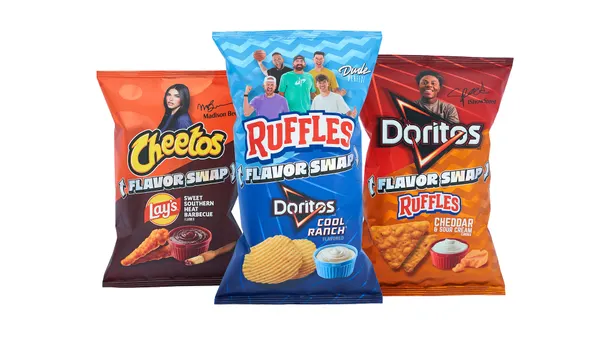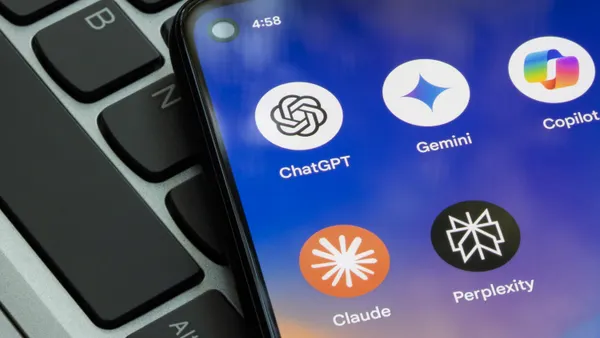Dive Brief:
- On Monday, Google acquired API.ai, a natural language and speech recognition company that’s assisted some 60,000 developers in creating chatbots and conversational apps over the past several years, according to a Google blog post by VP of Engineering Scott Huffman.
- API.ai has built a reputation working with messenger services like Facebook Messenger, Slack and Kik. The company’s first splash came in 2010 with Assistant, a “first of its kind” conversational app which now has more than 40 million users, according to claims on the company’s website.
- “Stay tuned for more details” on how, exactly, API.ai will fit into the larger Google plan, per Huffman. Google previously had a Siri-adjacent conversational app called Google Now, but The Verge reported Tuesday that it’s disappearing.
Dive Insight:
Google needs to reinforce its core search business, especially on mobile, where it is feeling pressure as new use cases, like voice search, chip away at its leading role. Scooping up API.ai communicates the tech titan’s confidence that digital conversations will soon be at least partially robot-driven. In the past year, chatbots have experienced a rise in prominence among key digital players, especially Facebook, largely thanks to their ease of use in facilitating services like customer service and in-app payments.
While Google was an early adopter of voice search, it has been mostly silent as chatbots have taken off. Now, the company finds itself having to playing a bit of catch up to Facebook when it comes to fully integrating AI-driven natural language services onto its platform. Facebook Messenger introduced myriad chatbot tools back in July – in-app payments went live earlier this month – and Messenger now hosts over 11,000 bots for brands like Domino’s Pizza.
The smart move for brands now is to invest in bots that can better fold into the interface of dominant app providers like Facebook and Google, as more independent efforts are doomed to fail against big name competition: Last year, Forrester Research released a study suggesting adult mobile users spend 80% of their in-app time with just five top apps (three of which are owned by Google).
While Google's plans for API.ai remain vague, one thing has become abundantly clear: That message on the other end of a customer service chat might not be coming from a person anymore. Whether consumers will be comfortable with a user experience largely devoid of any actual human interaction is a thorny question, and one marketers should consider in the face of a potentially bot-dominated future.













